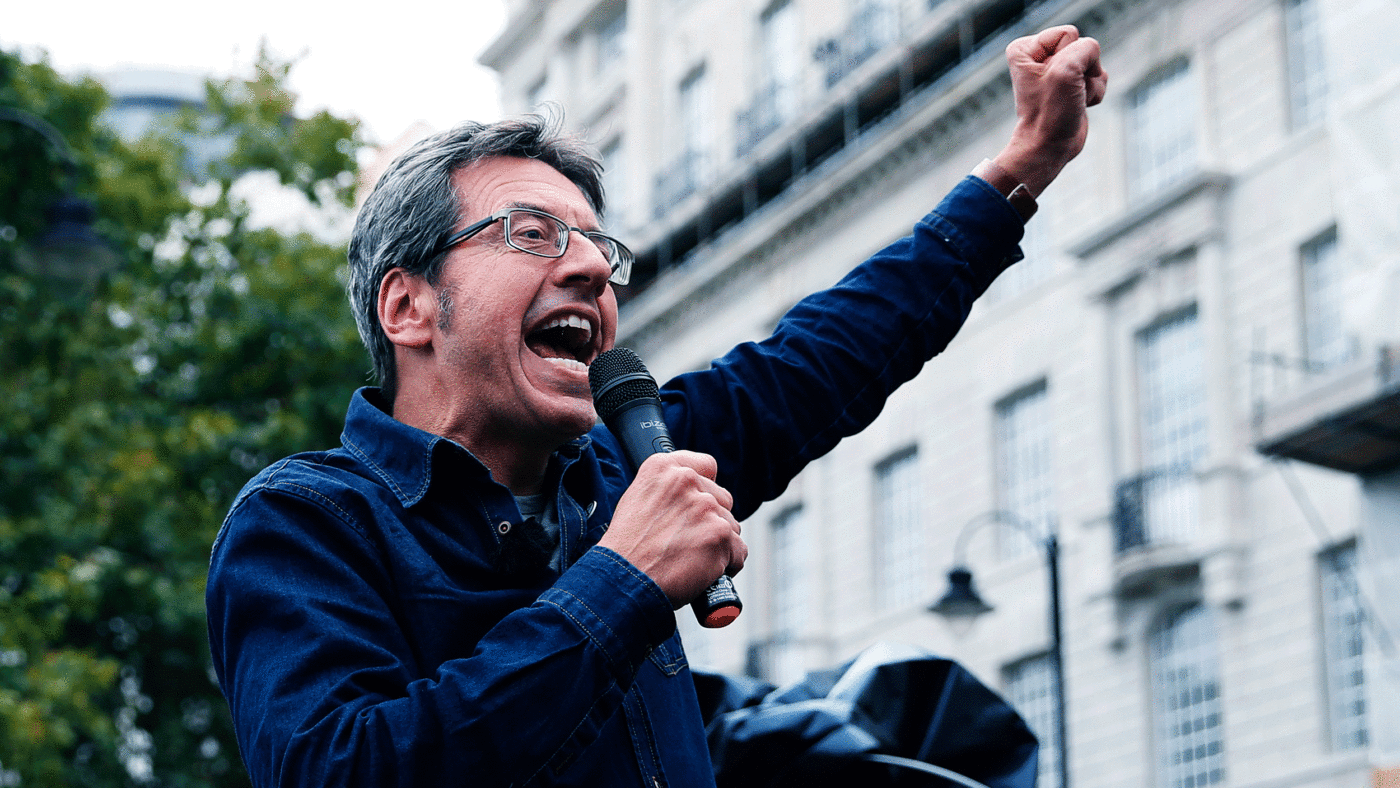In his latest piece for The Guardian, George Monbiot argued that ‘Capitalism is killing the planet‘. In it, Monbiot advocates for a ‘degrowther’ ideology, and supports a wealth tax along ‘limitarian’ lines: ‘we need to level down… just as there is a poverty line below which no one should fall, there is a wealth line above which no one should rise’.
Monbiot’s fundamental argument is that the super wealthy have stolen incalculable riches, and it is up to government to take some (or maybe a lot) of that wealth back. Worse yet, the rich are using their wealth to destroy the world while they enjoy multiple houses and luxury yachts.
Does that all sound like a ridiculous conspiracy theory? That’s because it is, and yet our society increasingly uses this line of argument or reasoning to explain social and even civilisational problems. Owen Jones, Zarah Sultana, Ann Pettifor and Jason Hickel – these are just some of the high-profile individuals arguing that a stable planet cannot coexist with capitalism or economic growth, and they are leading millennials to believe that markets are causing a climate crisis.
The heavy-handed implication is that capitalism is the root of all our problems and if we abolish it we can ‘fix’ everything. Like failed revolutionaries of the past, Monbiot and others like him believe that there is a perfect social system just waiting to be discovered, and all it takes is a revolution to end the evil reign of profit incentives and private ownership forever.
As these misguided ideas become more mainstream and popular, the argument must be made for free market environmentalism, as groups like the Adam Smith Institute, the Conservative Environment Network and the Centre for Policy Studies are doing. Bad arguments must be met with better ones.
Here’s a better argument: humans are incredible creatures, but we are also flawed. The means by which we organise our society and achieve our goals have steadily evolved over the centuries, as we learn from mistakes and make gradual improvements. The world is not all doom and gloom – while our civilisation is experiencing an unprecedented global challenge from climate change, capitalism has changed millions of lives for the better. Violence is down, poverty is down, life expectancy is up, democracy has abounded (democracy and capitalism are heavily correlated and even co-dependent) and we are inventing technologies which used to be the subject of science fiction on a weekly basis.
Capitalism isn’t perfect, but there is no perfect system, and fantasies of a world in which there are no conflicts, no borders, no pollutants, no waste, and no crime are simply that: fantasies. Capitalism has been the best means ever devised of mitigating these problems – betting everything on an unfounded pipe dream is dangerous, illogical and should not be entertained in the 21st century. It may not sound exciting but the change we need will not come from revolution, but controlled, steady and logical improvements to our existing society.
Climate change and other problems are not due to ‘capitalism’ but rather the flawed modes of production and consumption upon which all existing economic systems rely. Rather than wringing our hands about this, we need to acknowledge the facts: we are incredibly reliant on fossil fuels and natural gas until we either achieve widespread nuclear energy (decades away from full implementation) or we invent some other technology that is just as efficient and reliable (most renewables are not there and will only supplement the grid). The two materials we are most dependent on in this world – steel and concrete – are currently impossible to make without producing carbon dioxide.
And a final, hopeful suggestion for policy makers: if we were to ignore all the nonsense about plastic straws and recycling (the ‘micro-consumerist bollocks’ Monbiot refers to) and focus on just energy and transportation, we could make massive progress towards net zero without having to make any meaningful lifestyle changes at all.
‘Degrowth’ argues that the entire economic system is fundamentally misguided, and that progress must be halted and even reversed if we are to save our species. Ignoring the fact that serious climate models do not even come close to predicting the end of the human race, it’s plainly preposterous to imagine that any society would agree to the reduction in living standards that degrowth would demand.
Monbiot and other degrowthers like him take two-bit conspiracy theories and elevate them to the apotheosis of environmental policy. This is dangerous and wrong. As we begin COP26, let’s focus on tangible solutions and leave useless ideology at the door.
Click here to subscribe to our daily briefing – the best pieces from CapX and across the web.
CapX depends on the generosity of its readers. If you value what we do, please consider making a donation.


